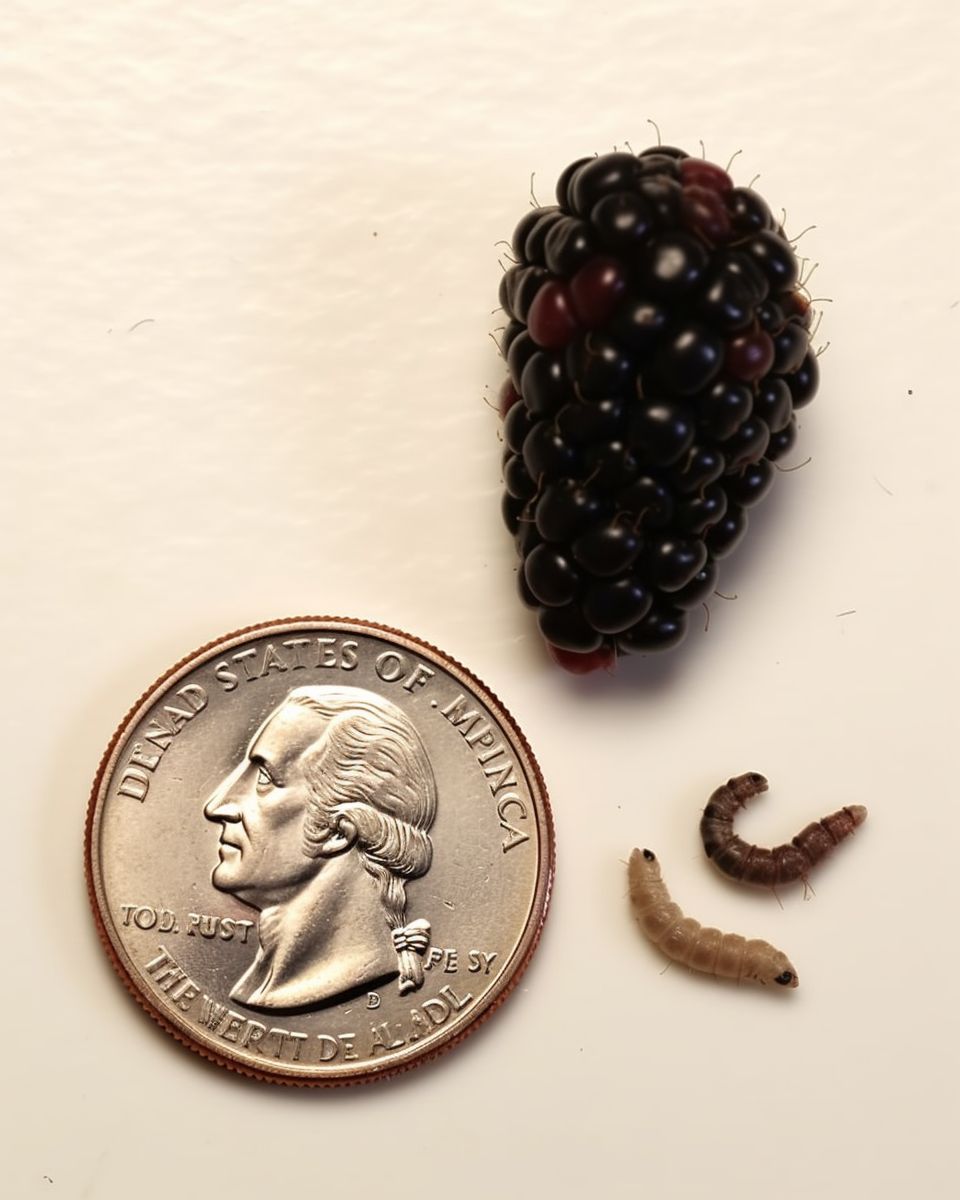Berries are a delightful and nutritious addition to our diet. Whether you enjoy the succulent sweetness of strawberries or the rich juiciness of blackberries, these tiny fruits offer a range of health benefits, including vitamins, antioxidants, and fiber. However, it is essential to clean berries before consuming them to ensure not only their cleanliness but also to minimize the risk of ingesting any unwanted surprises.
One of the primary reasons for cleaning berries is to remove any potential insects or larvae that may have found their way into the fruit. Blackberries, for instance, can be susceptible to infestation by the black spotted fruit fly larvae. These tiny pests lay eggs on the surface of the berries, which then hatch into larvae. If consumed, they can lead to gastrointestinal discomfort and spoil the enjoyment of your berries.
Why are black spotted fruit fly larvae attracted to berries?
Black spotted fruit fly larvae, also known as Drosophila suzukii, are attracted to and infest various types of soft-skinned fruits, including blackberries. There are a few reasons why blackberries may be particularly susceptible to infestation:
Fruit ripeness: Blackberries are prone to attracting fruit flies when they reach a certain level of ripeness. As the fruit matures and softens, it becomes more attractive to the fruit flies for feeding and egg-laying.
Skin texture: The surface texture of blackberries, with their tiny crevices and irregularities, provides suitable conditions for fruit fly eggs to be laid and larvae to hatch. The larvae can easily penetrate the thin skin of the fruit and feed on the flesh.
Chemical signals: Blackberries emit volatile organic compounds (VOCs) as they ripen, and these compounds can act as chemical attractants for fruit flies. The specific VOCs released by blackberries may be particularly enticing to the black spotted fruit fly larvae.
Strawberries, too, can attract pests such as small fruit flies or tiny mites that can make their way onto the fruit. While the presence of these insects does not necessarily indicate that the berries are harmful, it is best to err on the side of caution and take steps to ensure cleanliness.
How do I prevent this from happening?
see next page

